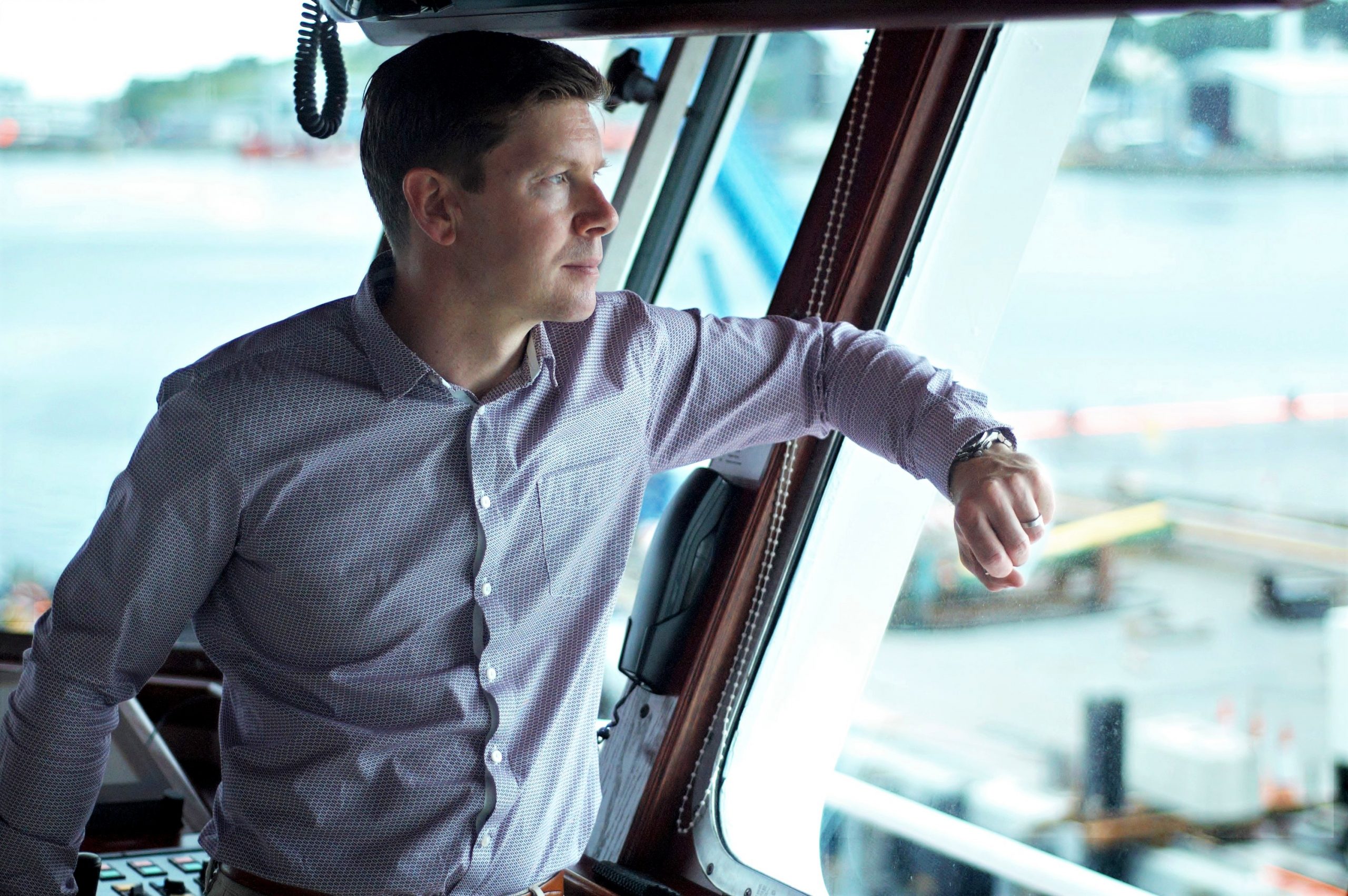Karl McHugh leads me up stairways and corridors running parallel to a pallet elevator and conveyor, then through two thick insulation doors. Each time, the temperature drops dramatically as this division of McHugh’s business, Arctic Fish Processing, lives up to its name. I’m tempted to compare the frozen storage hall we end up in to a cathedral, but it’s bigger than that. The brand new warehouse has capacity for 16,000 pallets. A robotic trolley system, designed to withstand the polar temperature, can fetch any of them on demand. The first batches of fish caught and processed by Atlantic Dawn, the…
Cancel at any time. Are you already a member? Log in here.
Want to read the full story?
Unlock this article – and everything else on The Currency – with an annual membership and receive a free Samsonite Upscape suitcase, retailing at €235, delivered to your door.

